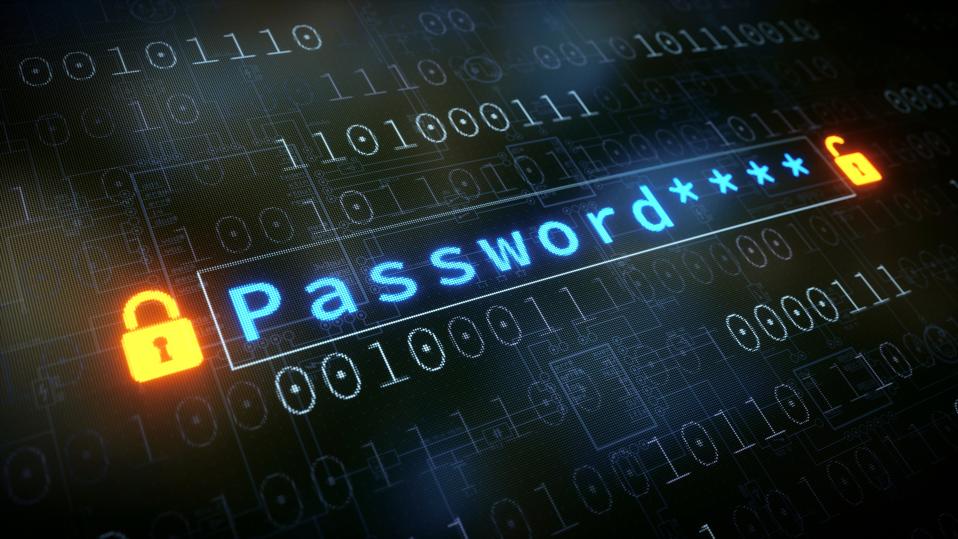A massive cybersecurity alert has rocked the tech world — over 16 billion stolen credentials have been leaked online, exposing users of major platforms like Apple, Facebook, and Google. This colossal data breach is being called one of the largest in internet history, and it’s a wake-up call for everyone with an online presence.
🚨 What Happened?
Recent investigations have revealed that a gigantic database containing 16 billion usernames and passwords is circulating on hacker forums and the dark web. These credentials have been harvested over years from various breaches, now compiled into a single, searchable mega-leak.
What’s truly alarming is that these records include login information for major tech platforms like Google accounts, Apple IDs, Facebook logins, and others.
📉 Why You Should Care (Even If You Think You’re Safe)
You might believe you’re protected, especially if you use two-factor authentication. But here’s the harsh reality:
Just one reused or weak password could be enough for hackers to take over your digital life.
Cybercriminals rely on credential stuffing attacks, where they test leaked username-password combos on other platforms, knowing most people reuse passwords across multiple sites.
🔎 How to Check If Your Data Was Leaked
Use these tools to verify if your email or password was part of the breach:
-
Google’s Password Checkup feature
-
Apple’s iCloud Keychain alerts
They can instantly tell you if your credentials have been compromised in known leaks.
🔐 What You Should Do Right Now
✅ 1. Change All Important Passwords
Start with essential services — email, social media, cloud storage, banking. Use unique and strong passwords for each one.
✅ 2. Enable Two-Factor Authentication (2FA)
Always enable 2FA where possible. Even if your password leaks, this second layer of security helps block access.
✅ 3. Use a Password Manager
Tools like Bitwarden, 1Password, or LastPass can create and manage complex passwords securely.
✅ 4. Stay Alert Against Phishing
Hackers may attempt to lure you into clicking fake links or entering your credentials on spoofed sites. Always verify URLs and sender identities.
🛡️ What This Means for Apple, Google & Facebook
Even if these companies weren’t directly breached in this incident, the presence of billions of their users’ credentials in this mega-dump puts pressure on them to:
-
Alert users proactively,
-
Increase login anomaly detection,
-
Offer stronger built-in security tools.
It’s a reminder that tech companies and users share responsibility in today’s digital security landscape.
⚠️ Final Thoughts: Take Control of Your Online Safety
We’re now living in a time where 16 billion credentials can be exposed and shared in a single breach. That’s not just data — it’s people’s personal lives, finances, identities.
Protecting yourself online is no longer optional — it’s essential.
Change your passwords. Set up 2FA. Use a password manager. And most importantly, stay informed.













